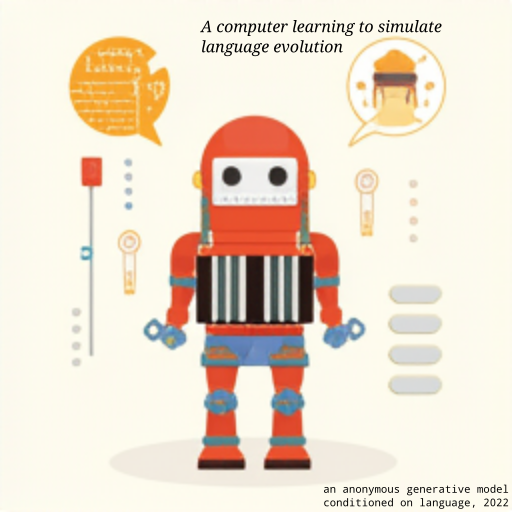
Machine Learning and the Evolution of Language (ml4evolang)
September 5th, 2022. JCoLE Workshop, Kanazawa, Japan and Online.
Program
News (Last updated: Sept 4, 2022)
- The workshop program is now available!
- The review phase has concluded and we are happy to announce that we could accept all 17 submissions, five of which will be presented in a flash talk during our workshop (see updated Schedule). All posters of the workshop will be presented in an online poster session of the main conference.
- We seek to finish the review process one week earlier (July 18) so that (in-person) participants have enough time to organize VISA, flights, and accommodation.
- Posters will be presented in the online poster sessions of the main conference, planned for the 6th and 7th of September. Link to JCoLE schedule
- During our workshop, poster presenters will be able to present their work in a flash-talk format.
Workshop description
The goal of this workshop is to build a bridge between the language evolution community and the machine learning community. In the past three decades, numerous studies have attempted to mimic the evolution of language with human participants and agent-based computational models. Meanwhile, in the last decade, the machine learning community has similarly made exciting strides in simulating emergent communication with deep and reinforcement learning methods.
Although both areas of research have similar interests and work on similar questions, there has been little crosstalk between them so far. This is unfortunate, since the progress in machine learning and other areas of AI may allow language evolution researchers to model phenomena that they could not model before. At the same time, theoretical and experimental knowledge of language evolution coming from the linguistics community may help focus models of emergent communication used by the machine learning community.
The goal of this workshop is therefore to relate these two areas by bringing together researchers from both backgrounds, establishing common ground, bootstrapping a mutual dialogue between them, and discussing the potential pitfalls of incorporating machine learning methods in the study of language evolution.
Invited Speakers
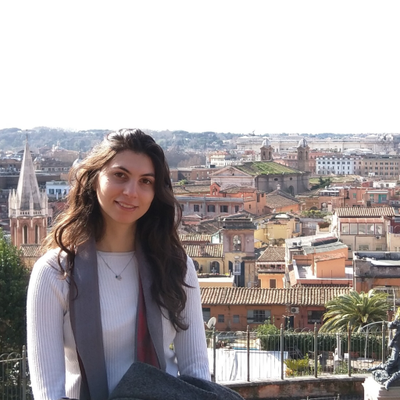
DeepMind
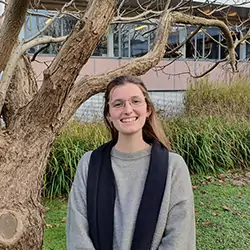
AI Lab, Vrije Universiteit Brussel

University of Edinburgh

Huggingface

DeepMind
Call for Papers
We welcome submissions of abstracts of up to 300 words on the basis of new, in-progress, or already published work whose content is relevant to the topics of the workshop, including but not limited to:
- Machine learning methods for understanding language evolution
- Emergent communication with reinforcement learning
- Agent-based modeling for language evolution
Deadline for submission is June 25, 2022. Accepted submissions will be presented as a poster in the workshop.
Important Dates
| Abstract submission deadline | June 25, 2022 (AoE) |
| Decision notifications | July 25, 2022 |
| Deadline for final poster submissions | |
| Workshop | September 5, 2022 |
Submission Guidelines
- Link to submission portal
- The submission format is an abstract of no more than 300 words
- It is not necessary to provide a reference list at the end. A simple 300 word abstract would suffice. If you'd like to include citations in the abstract, you could just use the APA format for in-text referencing.
- For the initial submission, it is sufficient to enter your abstract into the respective field of the submission form. There is no need to attach a separate PDF.
- After the acceptance notificiation, you can upload the final poster as PDF.
In case of any further questions, feel free to email the workshop organizers at: ml4evolang@mpi.nl.
Schedule
All displayed times refer to local time in Kanazawa, Japan.
| From 10:00 to 12:00 | Morning session |
|---|---|
| 10:00 | Welcome and quick intro (Limor Raviv) |
| 10:10 | Intro to machine learning methods (Florian Strub) |
| 10:40 | Invited Talk 1: |
| 11:00 | Invited Talk 2: Katie Mudd |
| 11:20 | Flask talks |
| Competition exacerbates Language Drift (Michael Noukhovitch) | |
| Challenges in Simulating the Word Order vs. Case Marking Trade-off with Neural Agents (Yuchen Lian) | |
| BotTown: A platform for agent-based simulations of naturalistic conversations (Roberta Rocca) | |
| Signalling signalhood in machine learning agents (Thom Scott-Phillips) | |
| Emergent Communication as Decentralized Representation Learning: Metropolis-Hastings Naming Game and Beyond (Tadahiro Taniguchi) | |
| From 13:30 to 15:30 | Afternoon session |
| 13:30 | Invited Talk 3: Rahma Chaabouni |
| 13:55 | Invited Talk 4: Matt Spike |
| 14:20 | Lessons from the past (Bart de Boer) |
| 14:35 | Emergent Communication and Language Evolution: What's Missing? (Lukas Galke) |
| 14:50 | Panel discussion (Chair: Limor Raviv) |
| 15:25 | Final remarks (Mathieu Rita) |
Organizers

INRIA
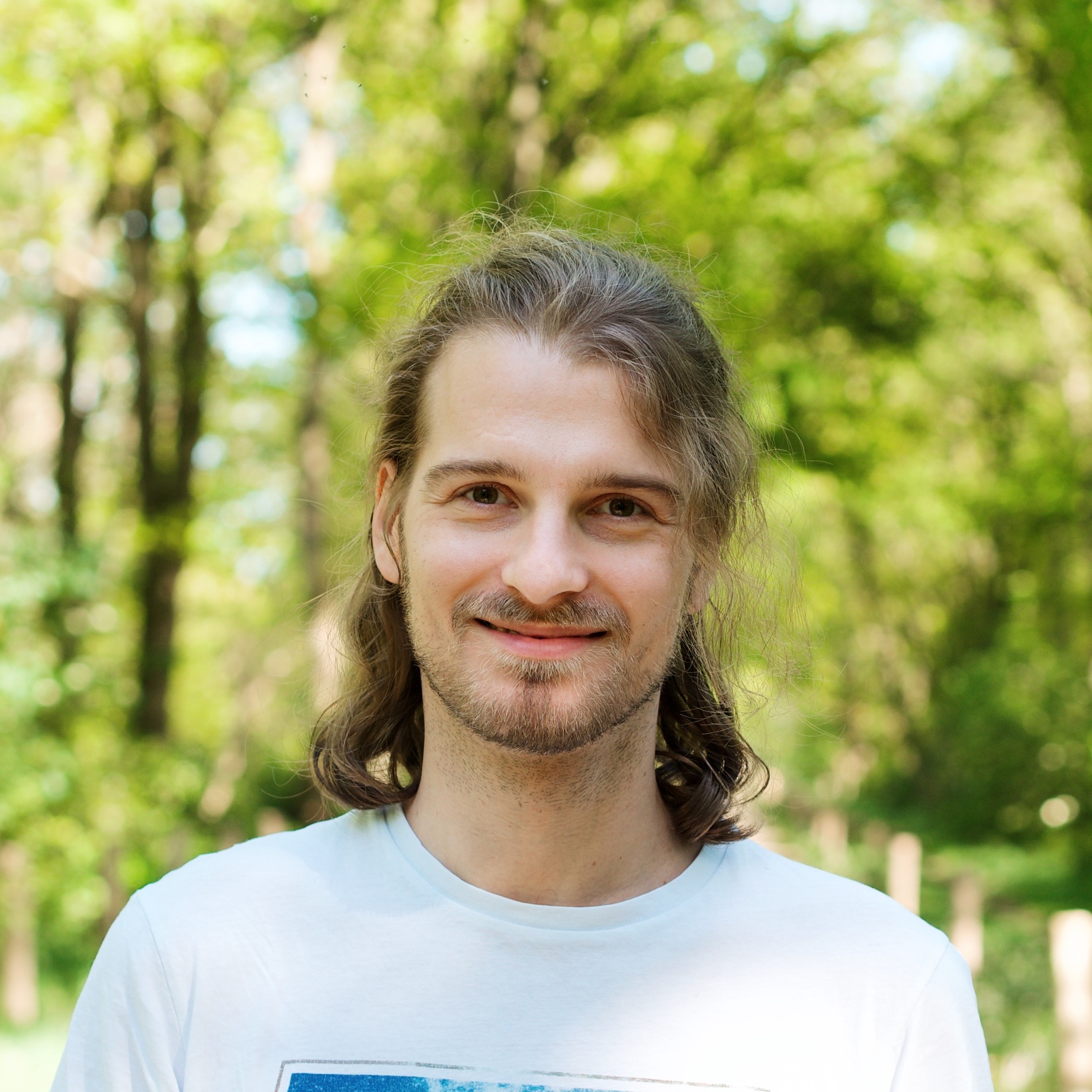
MPI for Psycholinguistics

DeepMind

Google Brain
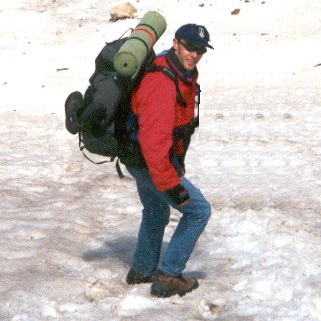
EHESS / Meta AI Research

MPI for Psycholinguistics
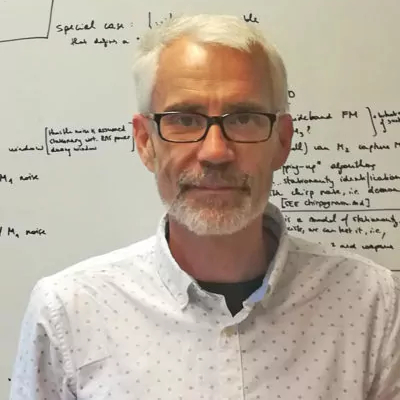
AI Lab, Vrije Universiteit Brussel
Contact email: ml4evolang@mpi.nl